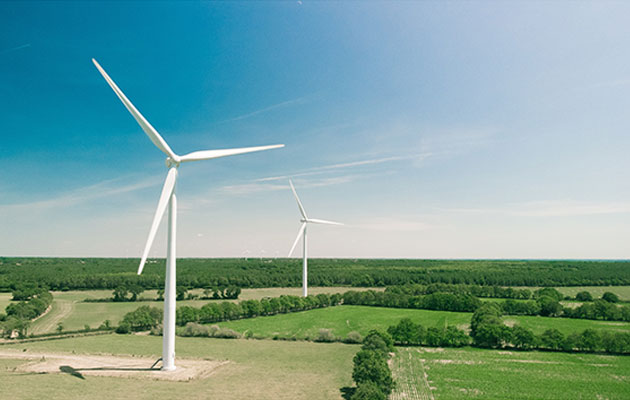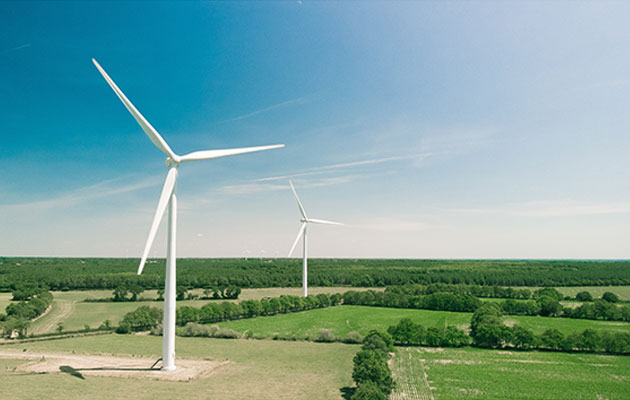- Natural Resources & Energy
Electricity and Renewable Energy Regulatory Framework in Indonesia
Indonesia, the country with the largest population in the ASEAN region (around 270.20 million), typically experiences high power demand as a result of rising household and commercial needs. Indonesia’s energy consumption in 2020 reached 1,089 kWh per capita at the national level (due to the effects of COVID-19, it was 95% of targeted (expected) consumption). According to the Ministry of Energy and Mineral Resources (“MEMR”), electricity supply during that period was dominated by non-renewable energy sources, primarily coal, oil, and gas, accounting for 38.04%, 31.60%, and 19.16%, respectively. Thus, despite the firm commitment of the Government of Indonesia (“GOI”) to implement and support the Paris Agreement within the United Nations Framework Convention on Climate Change, the contribution of renewable energy…To read the full article, please see the PDF file
-
Natural Resources & Energy Newsletter (July 1, 2021) (953 KB / 7 pages)
Download PDF [954 KB]








Sadayuki has a wealth of experience in supporting international clients in projects, transactions, and businesses in the energy sector. Sadayuki advises his clients on the best solutions for achieving their business goals based on his deep understanding of the relevant laws and regulations and practices in the full energy supply chain. He also has expertise in carbon-neutral projects and businesses, such as renewable power projects and hydrogen projects, as well as pioneering businesses involved in recent developments in the electricity market and the regulations thereon. Sadayuki serves as a member of an industrial safety rules committee and a hydrogen safety strategy committee, both of which were established by the Ministry of Economy, Trade and Industry of Japan, and also is a member of an electricity capacity market committee, which is part of the Organization for Cross-regional Coordination of Transmission Operators, Japan (OCCTO).